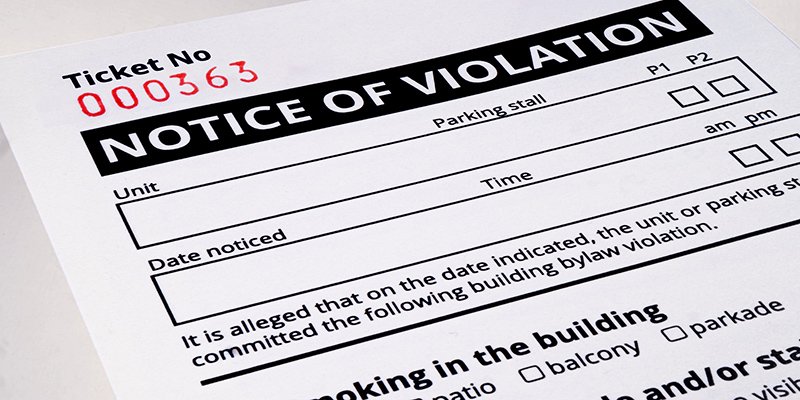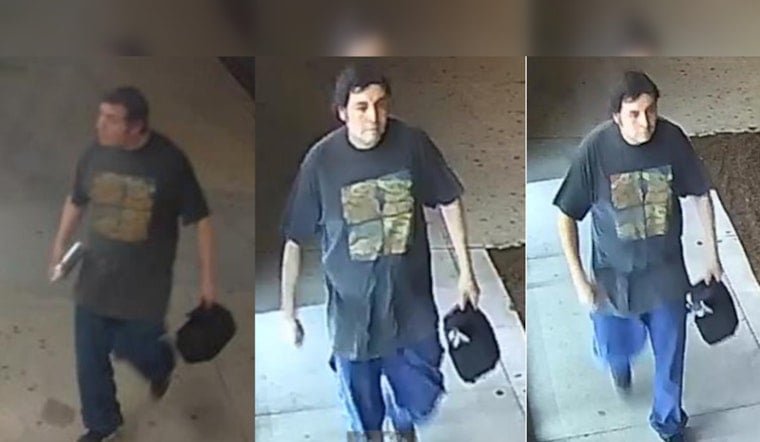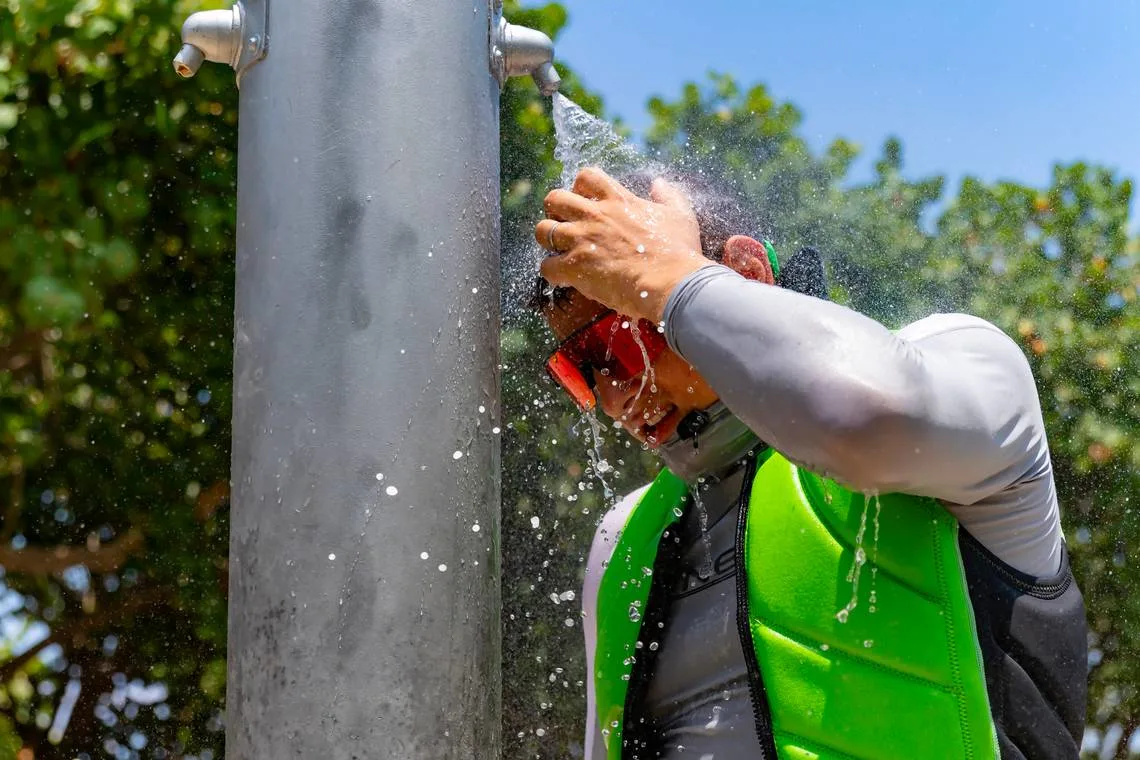CHICAGO — Amid rising rental costs and a surge in resident complaints, more Chicagoans are turning to the city’s formal channels to report unsafe or uninhabitable living conditions. Local officials want the public to understand that these issues are more than landlord problems — they are often building code violations, and everyone has the right to report them.
More than 60 percent of Chicago residents live in rental housing. The city’s Residential Landlord and Tenant Ordinance (RLTO) protects their right to safe, habitable conditions. When issues such as no heat, pest infestations, broken elevators, or unsafe infrastructure occur, residents are encouraged to report them through 311.
How to Report a Building Code Violation in Chicago
Residents can report unsafe conditions by calling 311 or submitting an online Building Violation Request through the City of Chicago portal. When submitting a report:
-
Select “Home and Buildings,” then “Safety”
-
You may file anonymously, but to speak with an inspector, include your name and phone number
-
Save the tracking number for updates or follow-up
Residents are also encouraged to notify their alderman, especially if issues persist over time.
As clarified by Illinois Legal Aid Online, tenants are protected from retaliation. Landlords are not allowed to evict or increase rent due to a complaint or tenant testimony.
What Happens After a Report Is Filed?
If the Department of Buildings (DOB) verifies a code violation:
-
The property owner receives a formal citation
-
They are given 15 days to fix the issue
-
If they fail, the city may initiate administrative or civil legal action
Administrative hearings allow city officers to review violations, hear testimony, and issue correction orders or fines. Life-threatening conditions may escalate to civil court, where a judge can mandate repairs or apply stronger penalties.
Tenants also have the option to file a private civil complaint, though legal counsel is strongly advised.
Who Handles What?
Chicago’s housing and safety oversight is distributed across multiple departments:
-
Department of Buildings (DOB): Enforces building safety codes, conducts inspections, and oversees code-related citations.
-
Department of Housing (DOH): Oversees the RLTO and manages landlord-tenant housing regulations.
-
Chicago Department of Public Health (CDPH): Handles health-related violations, such as pest control, mold, or unsanitary conditions.
Chicago’s Housing Challenges: Rising Costs, Ongoing Risks
Chicago ranks as the 13th most expensive rental market in the U.S., according to Zumper’s 2023 report, with rent increases of up to 16.4%. Despite these high costs, many residents still face substandard conditions.
Under the RLTO, landlords must:
-
Provide heat, water, and plumbing
-
Fix leaks, structural damage, and hazards
-
Maintain smoke detectors and carbon monoxide alarms
Residents impacted by dangerous living environments may wish to consult a legal expert to understand their rights and any possible claims related to injury, financial losses, or habitability.
Tips for Tenants: Documentation Is Key
If a violation is cited and persists:
-
Take photos and videos
-
Keep inspection records and rent receipts
-
Save all communication with your landlord and 311
These materials may help in legal proceedings or when advocating for action.
Need Help? The City Offers Resources
Residents unsure of how to proceed can:
-
Call 311 or use the online portal
-
Visit the city’s RLTO information page
-
Seek support from legal aid organizations like Get Legal Help
This article will be updated in collaboration with city departments to ensure continued accuracy for Chicago residents.
Have You Dealt With a Building Code Violation?
We want to hear your story. If you’ve faced unsafe housing in Chicago, let us know — and make sure to file your complaint through 311. The city’s safety depends on residents speaking up. For more resources, visit ChicagoSuburbanFamily.com and take action today.












